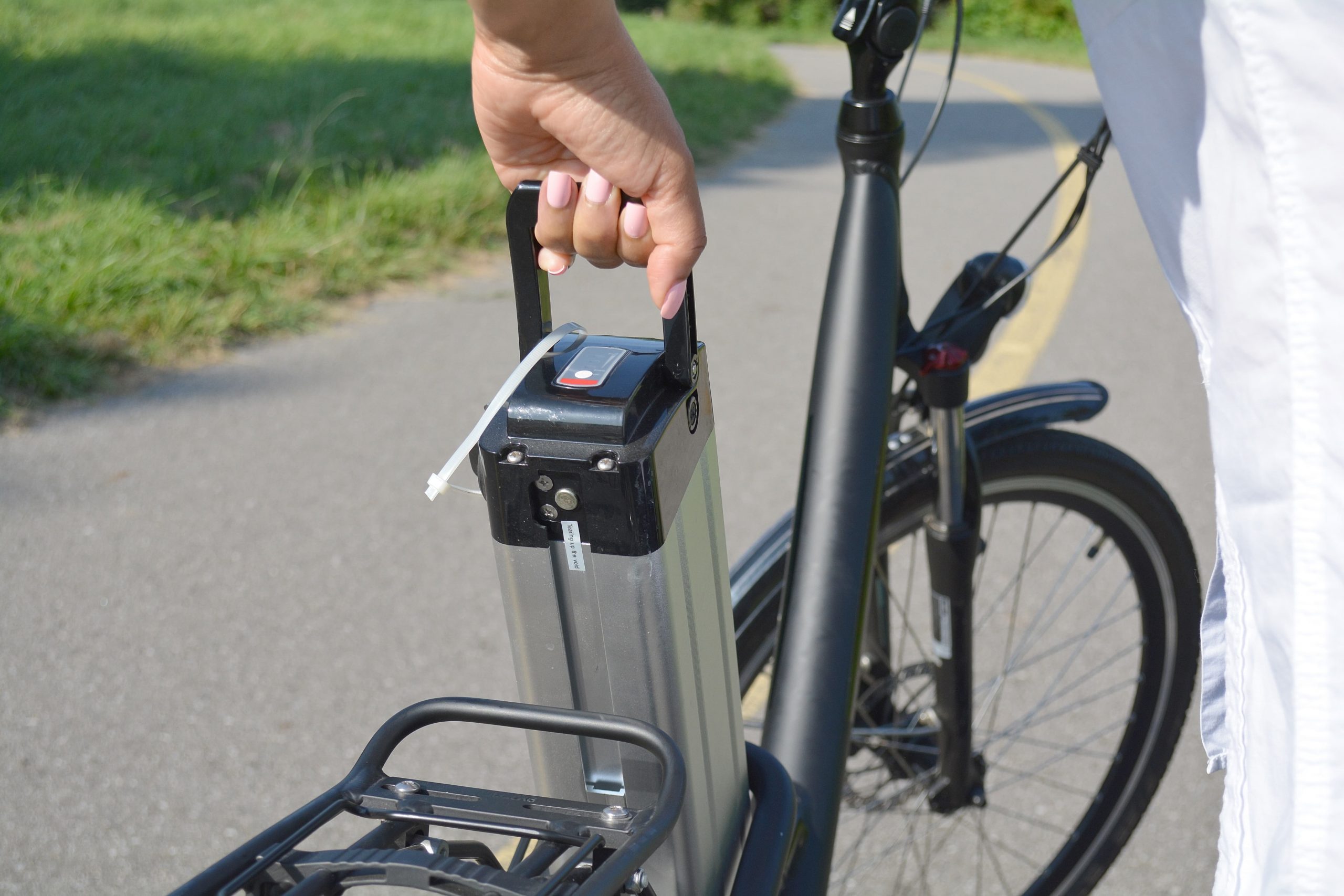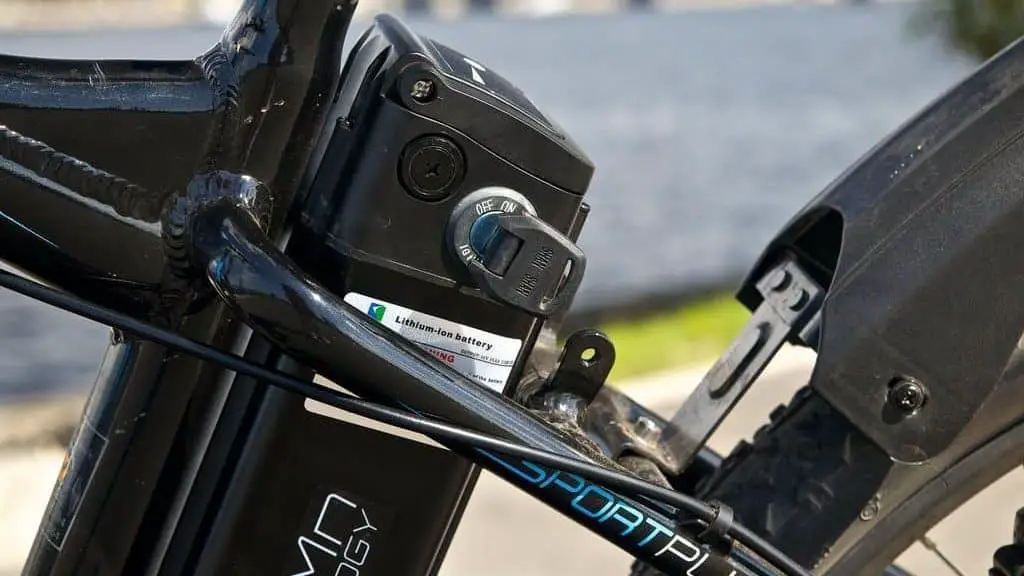The Confederation of the European Bicycle Industry (CONEBI) has urged for clear standards on e-bike battery replaceability in new EU battery regulations that are presently being debated. The agency has also advised owners to avoid having their batteries fixed.
While e-bike batteries normally last 7-10 years – substantially longer than other products like mobile phones, which have batteries that last on average 3-5 years – the industry is now at a stage where an increasing number of batteries are approaching the end of their useful lives.
As a result, owners are increasingly looking for replacements, potentially jeopardizing safety.

The London Fire Brigade recently warned people to only buy replacement batteries from trustworthy retailers, noting a number of fires caused by individuals using wrong chargers or batteries obtained online that may not have fulfilled safety regulations.
On e-bikes, CONEBI strongly advocates for the use of only original OEM certified batteries. In a joint document with ten other industry organisations, including the Advanced Rechargeable & Lithium Batteries Association (RECHARGE), Home Appliance Europe (APPLiA), and the European Portable Battery Association, it outlined its viewpoint on battery replaceability (EPBA).
The report's main suggestion is that damaged batteries be replaced with "an authorised technically equivalent battery."
This is "to avoid untrained operators utilizing incompatible batteries or unqualified repaired batteries, potentially causing damage to consumers and repair operators, including safety hazards," according to the report.

It also suggests that manufacturers either adopt an end-user or a professional-operator repair approach. In the latter case, it suggests requiring replacements to be carried out by certified independent operators.
Repairs
Despite a rising number of companies offering battery repairs, CONEBI has recommended e-bike owners to avoid them in a separate document.
It points out that there are now no explicit standards requiring repairs and remanufacturing firms to work with original manufacturers or even recertify batteries.
This poses serious safety concerns, as CONEBI claims that "repair" typically equates to "replacement."
"In the vast majority of cases, service providers replace all outdated cells with new ones. As a result, the majority of the components in the battery pack, as well as the majority of the raw materials, are exchanged."

According to CONEBI, the e-bike industry will devote more resources to advising customers on proper battery usage and reducing the environmental impact of old batteries.
"Ultimately, collection and recycling of e-bike batteries at their end-of-life is inevitable," the paper concludes, "using the collection (and recycling) schemes that the e-bike industry has developed in collaboration with professional collection agencies and recyclers, as well as their suppliers and retailers."
"These programs ensure that batteries and the raw materials used in batteries return to the circular economy in a safe and controlled manner." This approach, when combined with closed loop recycling techniques, provides the best product performance, the safest operation, and the least environmental impact."